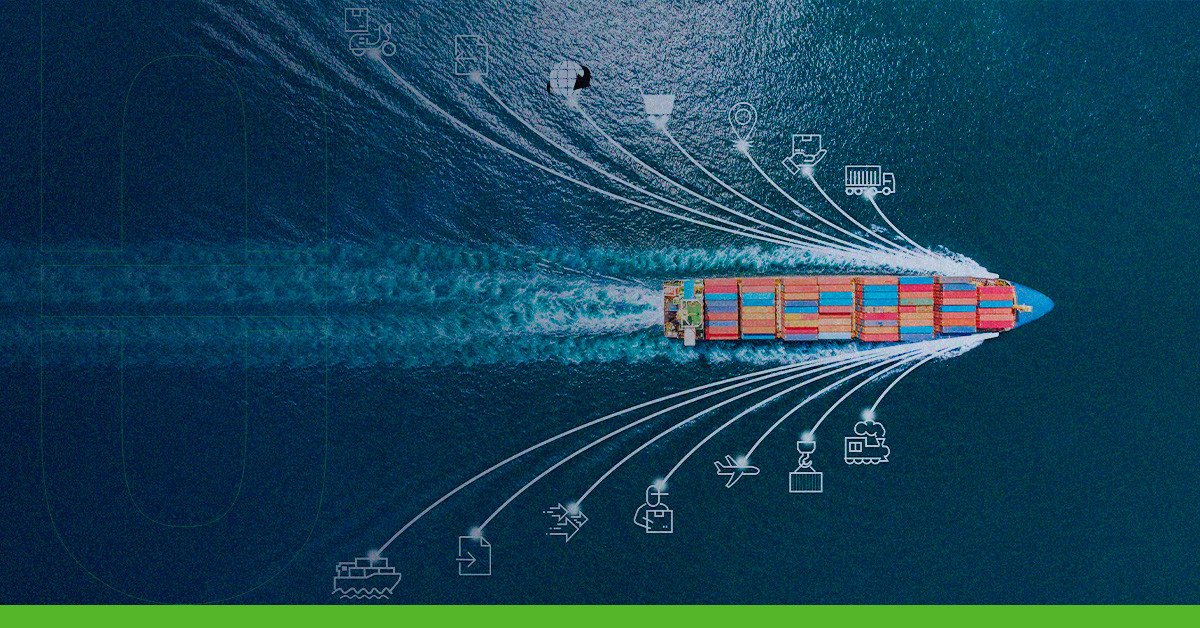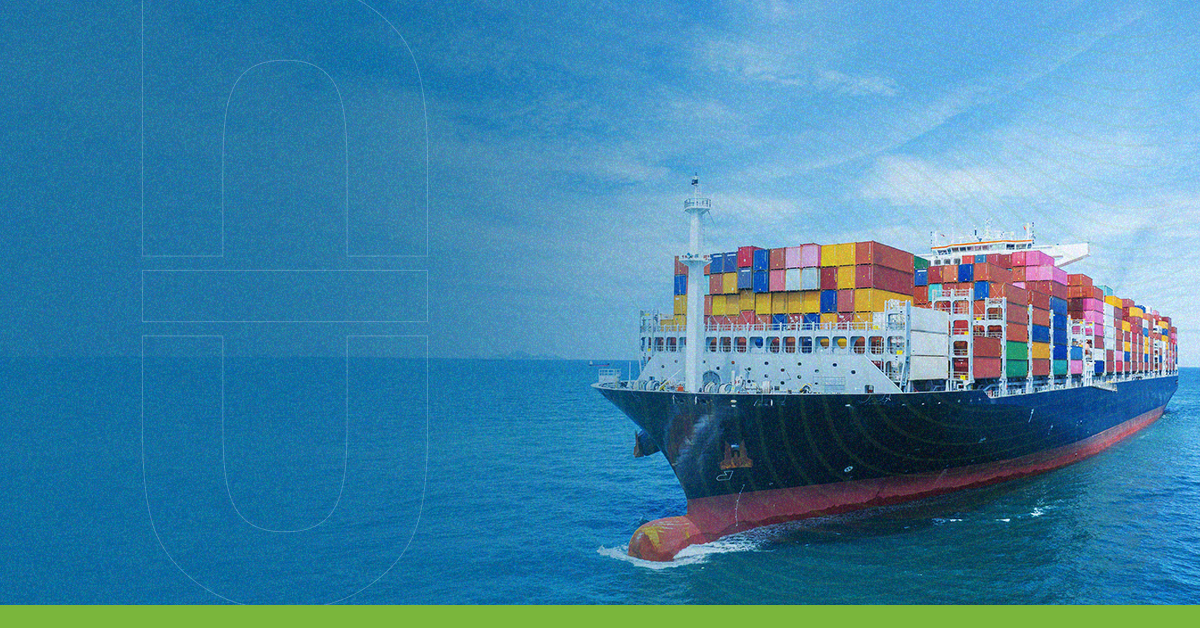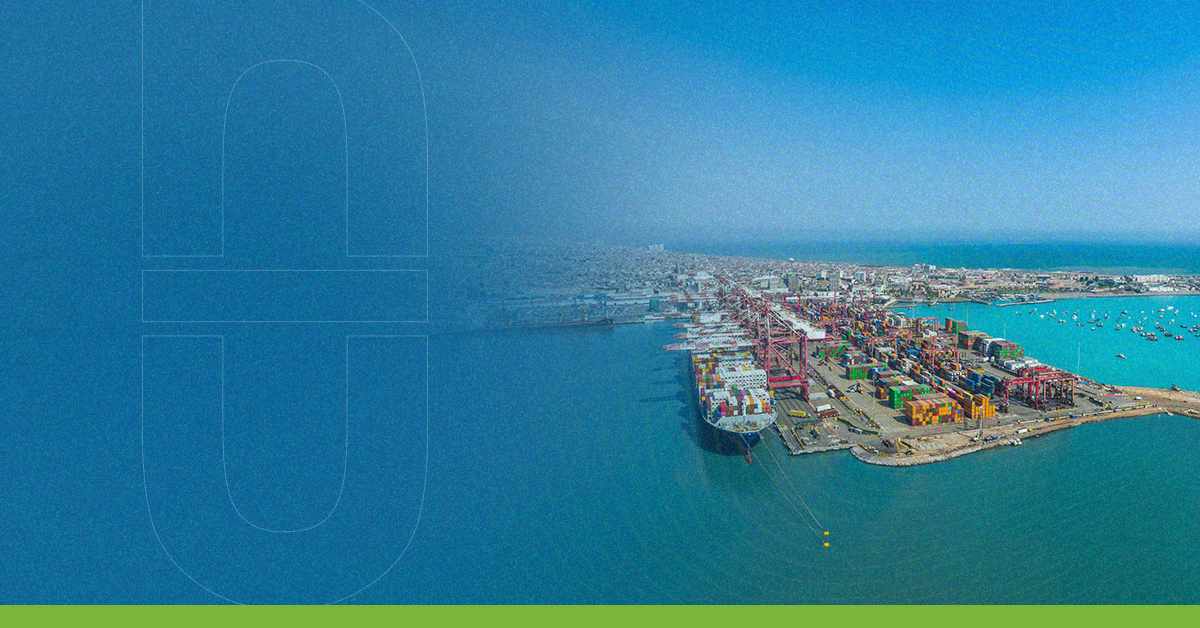A more efficient use of biofuels will be possible thanks to the initiative of DB Schenker and Volvo Cars, who will implement their use in their ships in order to save up to 9,000 tons of CO2 per year. The collaboration between the two giants aims to demonstrate that environmentally responsible shipping is indeed possible by applying competent procedures and technology to ensure the success of this project.
This measure represents a great advance in terms of environmental preservation, as it will allow a reduction in CO2 emissions of up to 84%, which is much lower than the emissions produced by ships that use fossil fuels to transport their containers.
The positive impact of biofuels on the reduction of CO2 emissions
DB Schenker and Volvo Cars’ initiative to implement biofuels on ships is marking an important milestone in reducing CO2 emissions in shipping. This project promises to revolutionise the use of biofuels in maritime transport and aims to demonstrate that it is possible to carry out environmentally responsible transport operations using certified biofuels. As a result of this initiative, it is expected to reduce up to 9,000 tons of CO2 per year, representing a significant step towards a more sustainable future.
Charting the sustainable future with biofuels for decarbonization
The environmental project for these biofuels began last June and consists of connecting Volvo Cars’ production plant located in Gothenburg with its ports in the United States, specifically those of Savannah, Newark, and New York. The overarching message Volvo and DB Schenker want to convey with this partnership is that the logistics industry is on track for a future where large companies can form alliances with service providers to achieve decarbonisation and ensure the well-being of the only habitable planet we have.
The biofuels used in this logistics operation are specifically the methyl ester of used cooking oil, which are already certified in terms of their compliance with the standards of the European Union’s Renewable Energy Directive, also using a method called “Mass Balancing” that assigns the transport task to another supplier in case the energy source is not available to Volvo Cars at that very moment.
Sources:
DB Schenker utilizará buques propulsados por biocombustibles. Cadena de suministro
DB Schenker y Volvo Cars se asocian para reducir emisiones en transporte marítimo. Portal Portuario
DB Schenker utilizará buques propulsados por biocombustibles. Maquinaria Logística




